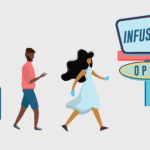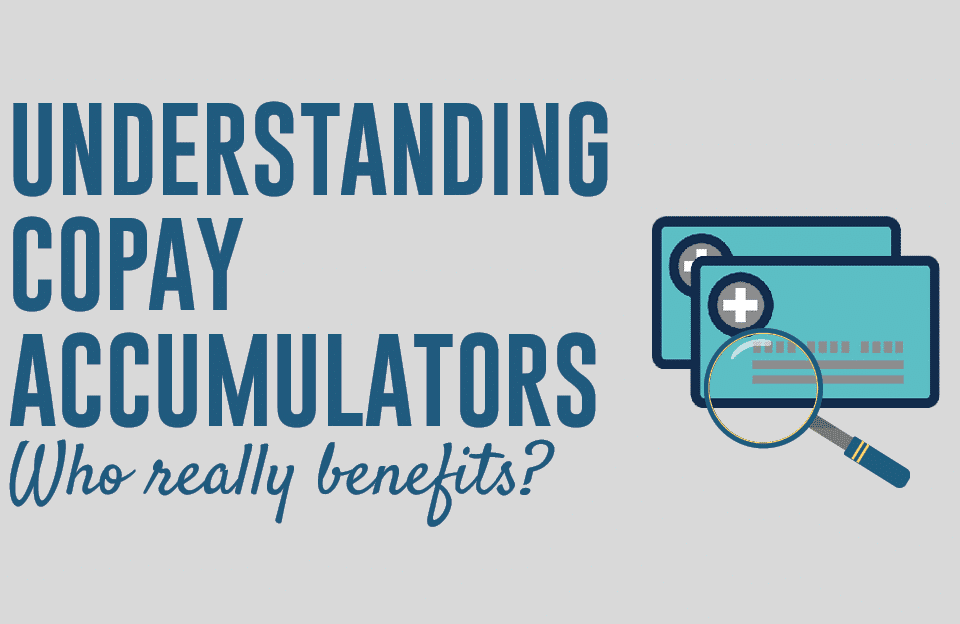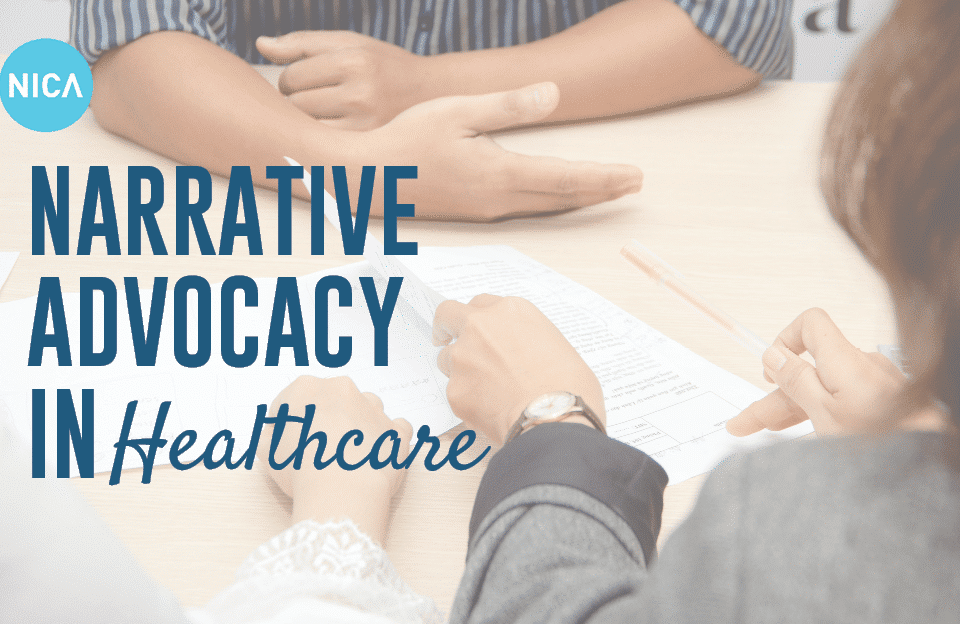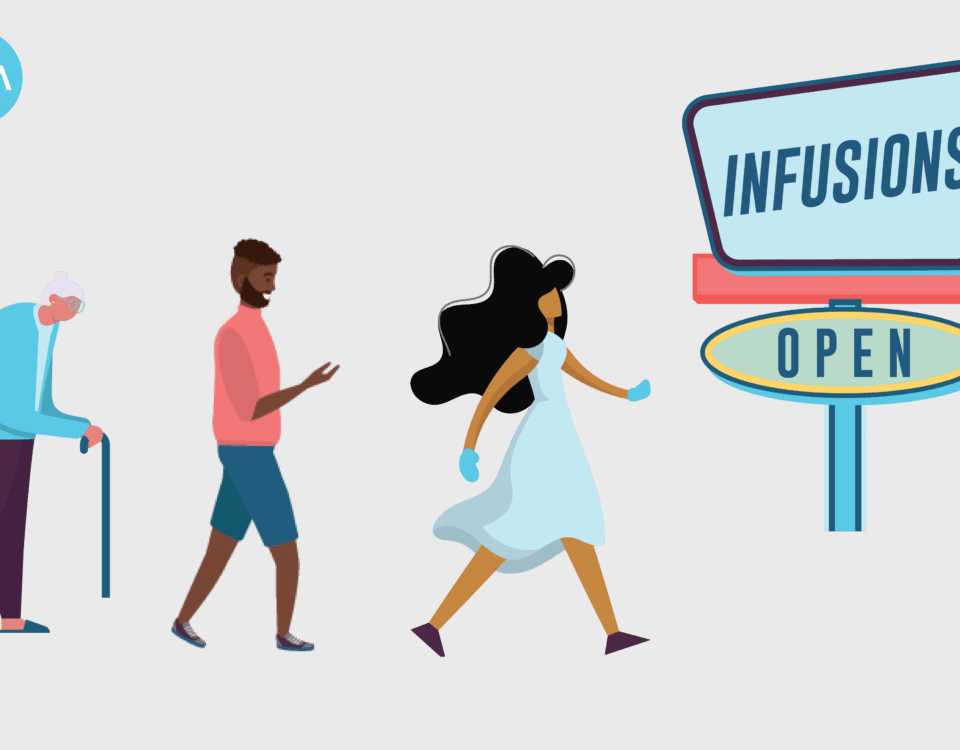You have just been diagnosed with a complex, chronic disease… now what?
It is normal to feel a lot of anxiety and uncertainty with a new diagnosis. With one big answer can come a plethora of questions. We talked to Lupus warrior and inspirational fitness trainer, Sybella Davis, on what advice she would lend those who have recently been diagnosed and are wondering what steps to take next.
Sybella was diagnosed with Lupus in February of 2020 – just days after her 33rd birthday. The diagnosis came as a shock, even though she had been experiencing years of mystery ailments and frustration.
To combat any feelings of stress, anxiety, and hopelessness that sometimes came up as a result of her diagnosis, Sybella practiced the following 10 tips, and would encourage other newly diagnosed patients to do the same.
(1) Practice radical acceptance
Sometimes, you just need to take some deep breaths and accept what is happening. In my case, denial just increased my internal frustrations and caused me to really doubt myself. I don’t want negative energy to reside within my body when what I really need is for healing to take place there. Radical acceptance happens when you stop fighting reality and let go of bitterness that may be keeping you trapped in a cycle of suffering. It is easier said than done, but I encourage you to journal, meditate, seek some advice from a mental health professional, or whatever you feel is the best way to cope and accept your new normal.
(2) Remember that you, and your body, are incredible
I like to think of the body as an intricate city that is designed to keep you alive. Although it may not always seem like it – especially if you have just been diagnosed as chronically ill – the majority of your body is always working hard to fight for you and keep you healthy… sometimes, it just needs a little help! That’s where your treatments, vitamin and/or medication regimens, and pain management practices come in.
View NICA’s educational module on Infusion 101 >>
(3) (Gently) move your body
On the days that your pain and/or symptoms allow, be sure to do something to be active or get some fresh air. This could be a walk, a leisurely cycle, or a free yoga video online.
(4) Prepare for the bad days
Let’s face it, there will be tough days where you just really don’t feel good and you need to allow yourself the space to feel rubbish. It might be a good idea to keep a bin or box in your room filled with comfort items that could help you get through a tough day. Tissues, books, headphones, mindfulness coloring books, essential oils, a hot water bottle, and other pain management or self-care items could be great options to keep close for those days where you need to draw the curtains and rest.
Check out our co-branded box of infusion treatment goodies with Just Breathe Box. >>
(5) Build a support circle of well-informed and like-minded individuals
Chronic illness warriors can certainly benefit from a support system. This could be a partner, a best friend, a parent, or even an outpatient support group. (Many of these have conveniently moved to virtual platforms during these social distancing times!) Some days, the emotional toll of your illness might feel heavier than others, and it is good to have people you can turn to to vent, comfort you, or even get your mind off of things. Also, it is worth noting that there are lots of free online support communities! I joined a Lupus Awareness group on Facebook where members post about how they are feeling and gain support from others in the group.
Check out our Patient Rooms in the (free!) InfusionConfusion® Community >>
(6) Get educated
By using reliable resources and/or speaking to your doctor(s), you can learn about your particular condition and how best to handle it emotionally and physically. You can even go as far as to print off or share educational resources about your diagnosis with family and those that care for you, so they have an idea of how to best support you.
(7) Celebrate the little wins
Getting out of bed. Video-chatting with a friend. Making yourself breakfast. A pain-free afternoon. Relish in these good moments as they are proof of how strong you are and evidence of your healing!
(8) Don’t be afraid to ask for help
You are not a burden and you deserve the help that you need. Whether it is asking a friend to drop off groceries for you or reaching out to your healthcare provider to discuss new options, do not be afraid to advocate for yourself and your needs.
(9) Practice mindful hobbies
This could be anything from volunteering with animals to going on nature walks or learning how to sew. Having simple hobbies that connect you with your passions are such underrated activities because they really allow your brain to disconnect from any anxiety and/or physical pain.
(10) Be kind to yourself
Your body, mind, and soul are fighting a very big battle day after day, so be sure to treat yourself and practice self-care. Take long baths, meditate, buy yourself comfortable pajamas – do whatever you need to do to feel good, and do not feel guilty for thanking your body for what it is doing for you every day.





